|
It’s been another one of those head-spinning weeks. An election has been called in the United Kingdom. Donald Trump’s hush-money trial is ready to go to the jury. The International Criminal Court is threatening to issue arrest warrants for the leaders of Israel and Hamas. The very, very long election process in India is coming to an end. And then there’s the war in Ukraine, which seems to be attracting less global attention the longer the conflict drags on.
Most TV networks and newspapers in Canada have drastically cut back on their international coverage. Foreign bureaus have been closed. Correspondents are sometimes parachuted into a hot spot to cover breaking news, but they are usually ill equipped to provide a deeper analysis to help people better understand the causes and consequences of major events.
As a regular reader of The Conversation, you know that explanatory journalism and expert-based analysis are our speciality. So for your weekend reading, I’ve assembled some great reads from the last week that can help you get a better understanding of the U.K. election, the Trump trial, the latest developments in Gaza and Ukraine and a deeper dive into the Indian election.
Have a great weekend and we’ll be back in your Inbox on Monday.
|
Weekend Reads
|
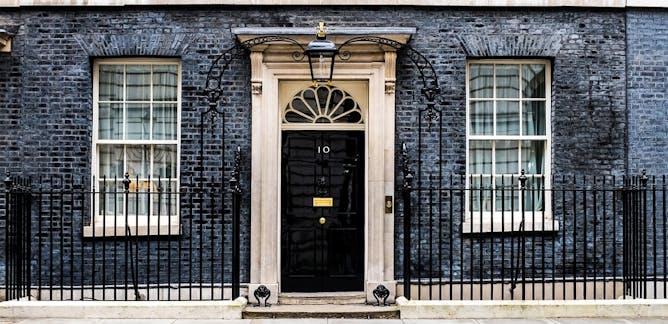
Christopher Kirkland, York St John University
The day is set for 4 July, leaving just six weeks for the campaign.
| |
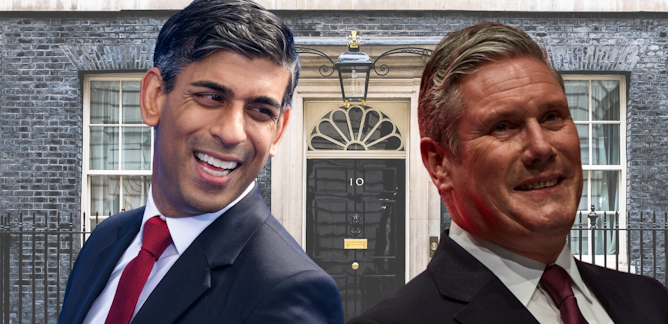
Alex Prior, London South Bank University
The main characters are widely seen as dull but this election is already characterised by a narrative of chaos.
|
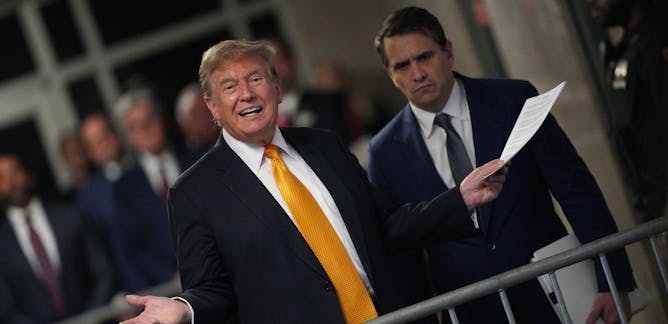
Jules Epstein, Temple University
Closing arguments tell the jury why the evidence is believable or not, how the facts are linked or not and, most importantly, why their decision to either acquit or convict is moral and just.
| |
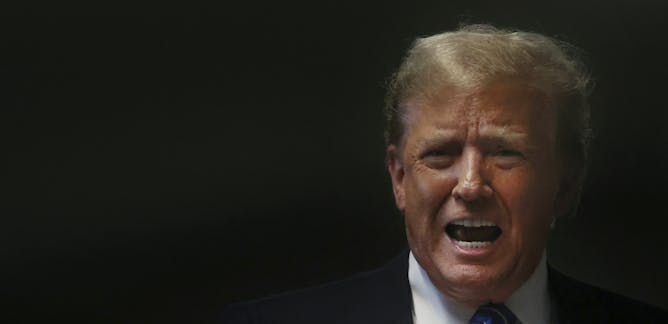
Bill Danielsen, Royal Roads University
Is Donald Trump the poster boy for the Dark Triad personality type? Or will his social bonds — if he has any — save him, and the world, from his worst instincts.
|
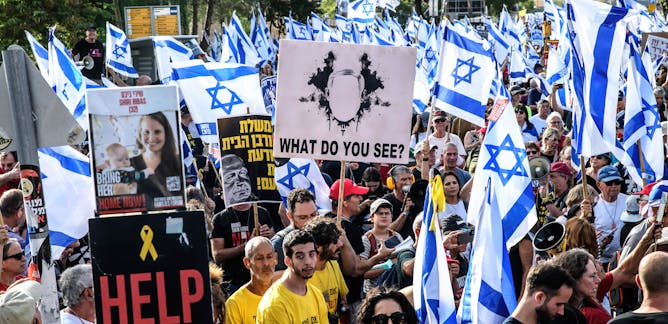
Arie Perliger, UMass Lowell
Israelis’ and Jewish people’s long-held feeling of persecution, dating back to biblical times, contributes to most Israelis’ desire to continue the war in Gaza.
| |
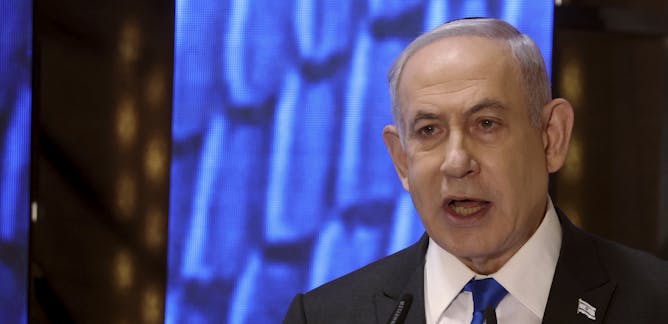
Heidi Matthews, York University, Canada
The prosecutor at the International Criminal Court publicized his request for warrants for Israeli and Hamas leaders. Publicly, Canada’s position aligns with Israel and the United States.
|
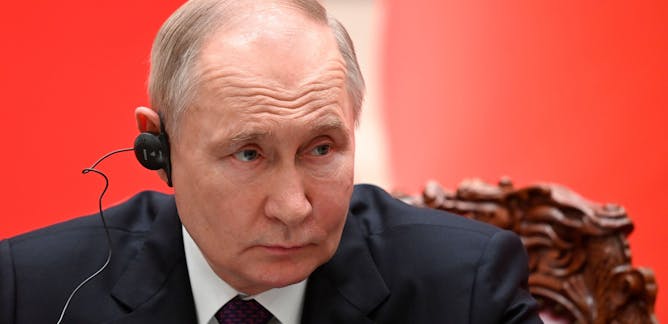
Stefan Wolff, University of Birmingham
Putin is busy consolidating his alliances while the west keeps dithering.
| |
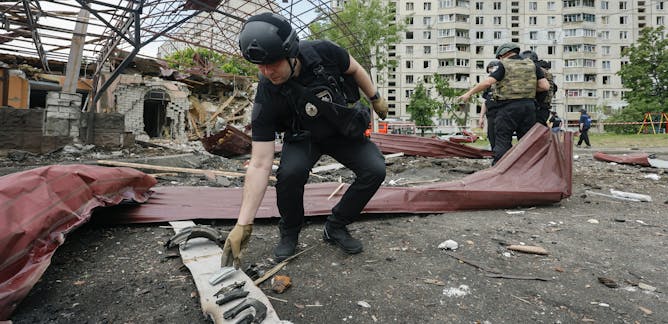
Christopher Morris, University of Portsmouth
Ferocity of Moscow’s offensive against Ukraine’s second city appears to be prompting a rethink among Ukraine’s western allies.
|
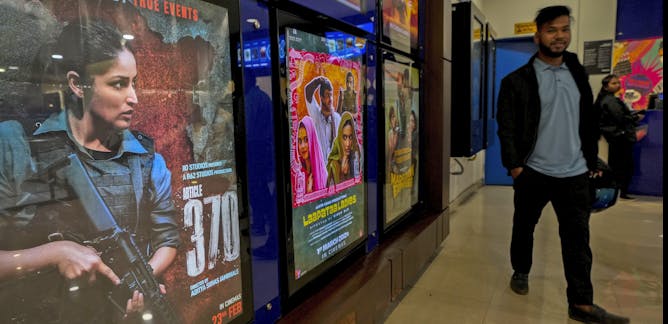
Vinita Srivastava, The Conversation
On today’s Don’t Call Me Resilient podcast, political scientist Sikata Banerjee and cinema studies scholar Rakesh Sengupta explain how cinema and social media in India may be helping to sway voters.
| |
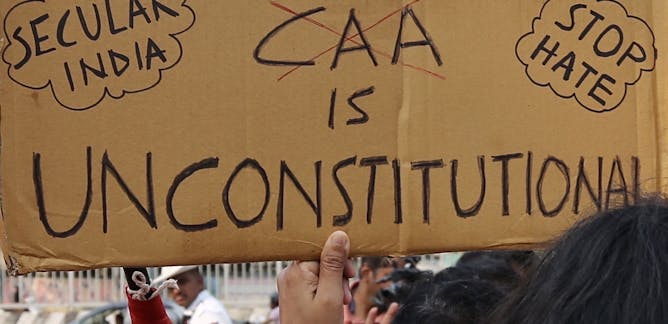
Gemma Ware, The Conversation
Listen to Indrajit Roy talk about hope and politics in India on The Conversation Weekly podcast.
|
|
|